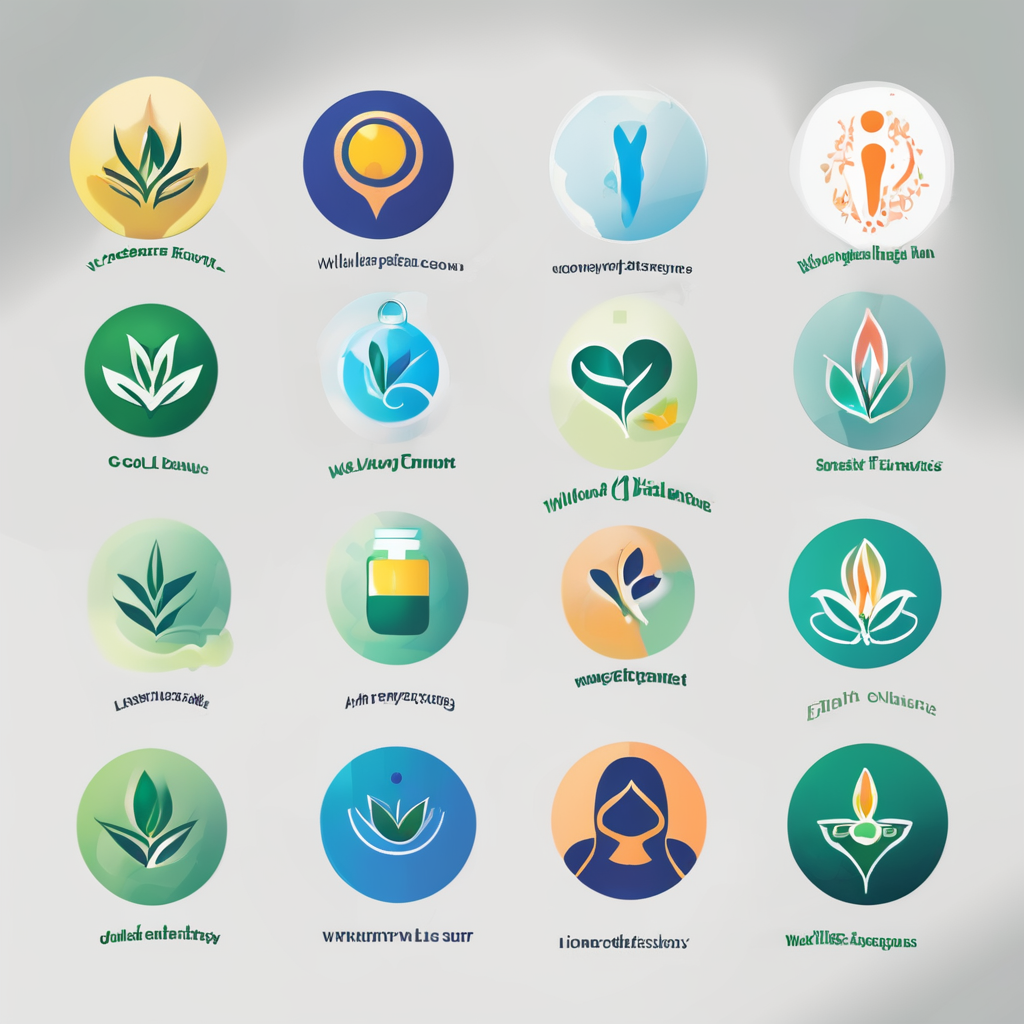In our increasingly urbanized world, nature holds a special place as a sanctuary for our mental health. With the modern lifestyle often leading to elevated stress levels, people are turning towards green spaces as a natural remedy for enhancing their well-being. Numerous studies highlight the myriad benefits of spending time in nature, from reducing stress to boosting creativity. This article explores how exposure to natural environments can positively impact your mental health and offers practical suggestions for integrating this into your daily routine.
The Effects of Nature on Mental Health
Nature has a profound impact on our mental well-being, offering a natural antidote to stress and anxiety. Research has demonstrated that spending time in nature can result in reduced levels of cortisol, the body’s primary stress hormone. By lowering stress, natural environments allow for a more relaxed and balanced state of mind.
Have you seen this : How can you utilize visualization techniques to enhance your performance in sports or other challenging activities?
Furthermore, studies show that being in nature enhances mental clarity and focus. The tranquility of a forest walk or the gentle sound of a flowing stream can help reset your mental faculties, offering a welcome respite from the constant demands of everyday life. This exposure allows your mind to wander, enhancing creativity and problem-solving capabilities.
Moreover, the presence of green spaces can significantly boost mood and reduce symptoms of depression. Whether it’s a visit to a park, a hike in the mountains, or simply sitting in your garden, being surrounded by nature has a rejuvenating effect on one’s spirit. This connection with nature fosters a sense of belonging and peace, helping to alleviate feelings of loneliness or isolation.
Also read : How can developing strong social connections enhance your emotional resilience and overall health?
Physical Health Benefits of Natural Environments
While the mental benefits of nature exposure are well-documented, the physical health advantages are equally compelling. Engaging in outdoor activities, such as hiking, cycling, or gardening, encourages physical fitness. These activities not only help in maintaining a healthy weight but also improve cardiovascular health and muscle strength.
Moreover, natural environments provide a natural source of Vitamin D, which is crucial for maintaining bone health and supporting the immune system. Regular exposure to sunlight, even for just 15 minutes a day, can help your body produce adequate levels of this essential nutrient.
The practice of “forest bathing”—or spending intentional time in the woods—has shown to improve the immune system’s function. Studies indicate that this practice increases the production of “natural killer” cells in the body, which play a critical role in eliminating cancerous cells and fighting infections.
Lastly, being in nature often involves breathing in fresh air, which is free from urban pollution. This can significantly enhance lung health and improve overall respiratory function, further strengthening your physical well-being.
Integrating Nature into Your Daily Life
Incorporating nature into your daily routine doesn’t require grand gestures or extensive planning. Simple steps can lead to profound improvements in your well-being. Here are some practical suggestions to help you integrate nature into your life easily:
-
Commute Differently: Consider walking or cycling to work instead of driving or taking public transport. This not only reduces your carbon footprint but also allows you to engage with your surroundings in a more meaningful way.
-
Create a Green Space at Home: Whether you have a backyard or a small balcony, cultivating plants and flowers can provide a daily dose of nature. Indoor plants also help purify the air and add a calming aesthetic to your living space.
-
Schedule Nature Breaks: During your workday, step outside for a short walk or simply sit in a park. These brief moments in nature can recharge your mind and enhance productivity.
-
Engage in Outdoor Activities: From weekend hikes to family picnics in the park, make outdoor activities a regular part of your leisure time. This not only strengthens family bonds but also provides an active way to enjoy nature.
-
Practice Mindfulness in Nature: Whether through yoga, meditation, or simply being present, practicing mindfulness in natural settings can significantly enhance its benefits. Studies have shown that combining mindfulness with nature exposure can reduce anxiety and increase happiness.
The Evidence Supporting Nature’s Role in Well-being
The connection between nature and mental well-being is supported by a substantial body of evidence. A landmark study conducted by the University of Exeter Medical School found that individuals living in greener urban areas reported better mental health and less psychological distress. This highlights the importance of integrating green spaces into urban planning.
Another study published in the journal “Nature” revealed that spending at least two hours a week in nature is associated with better health and well-being. This could be a cumulative effect over the week, indicating that even shorter, regular doses of nature can have lasting benefits.
Furthermore, research from Stanford University demonstrated that individuals who walked in nature versus an urban setting showed decreased activity in a region of the brain linked to depression. These findings underscore the therapeutic potential of nature exposure in mental health treatments.
Public health officials are increasingly recognizing the role of natural environments in promoting well-being. Parks, community gardens, and nature reserves are being prioritized as essential components of urban development plans, acknowledging their benefits for mental and physical health. By supporting access to nature, society can foster healthier, more balanced communities.
Embracing the healing power of nature can significantly enhance your mental and physical well-being. Through the evidence gathered from numerous studies, it is clear that integrating nature into your daily life plays a crucial role in reducing stress and improving overall health. By making small yet meaningful changes—like walking in a park during lunch breaks or cultivating a personal garden—you can harness the full potential of nature’s benefits.
As you navigate the challenges of modern life, remember that nature offers a time-tested sanctuary. The vibrant greens of a forest, the gentle waves of the ocean, or the delicate petals of a flower all serve as reminders of the beauty and tranquility that exist beyond our urban environments. Allow nature to be a cornerstone of your well-being, and experience the profound effects it can have on your life.











